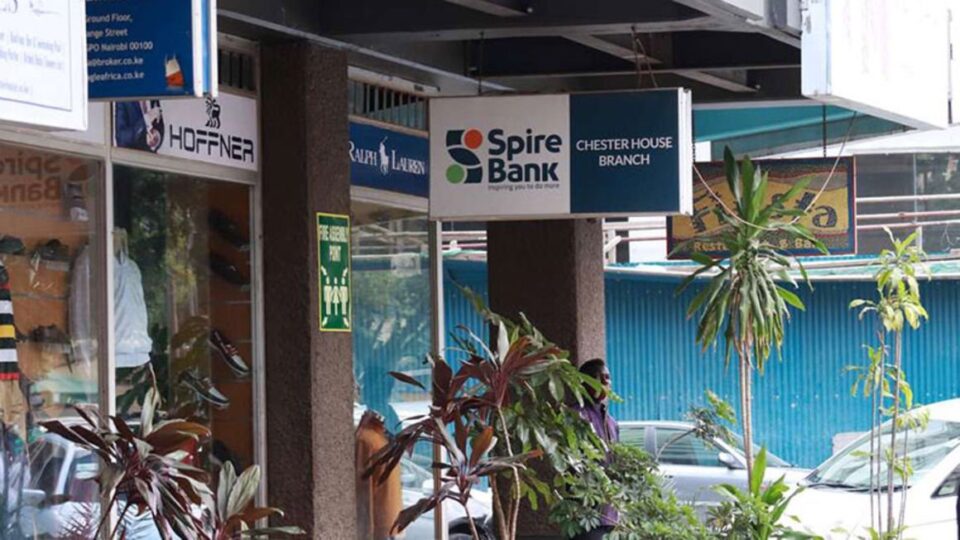Spire Bank’s defaulted loans have overtaken its net loan book, highlighting the meltdown at the small lender which now needs at least Sh4.14 billion to stabilise its operations.
Gross non-performing loans stood at Sh2.64 billion in the half year ended June –a drop from Sh2.69 billion a year earlier— and raced above net loans and advances to customers which dropped by 28 percent to Sh2.36 billion from Sh2.97 billion.
The lender, which last made a profit eight years ago while still trading as Equatorial Commercial Bank (ECB), has seen its accumulated losses hit Sh8.92 billion in the process.
The lender is in breach of all Central Bank of Kenya (CBK) capital requirements that that designed to ensure the financial stability of a bank.
Spire has a negative core capital of Sh3.14 billion, meaning that it requires Sh4.14 billion to meet the CBK minimum capital of Sh1 billion.
The lender said in April that it was in talks with four potential investors for a stake sale in search of turnaround of the institution which was sold to Mwalimu National Sacco by the late businessman Naushad Merali.
The four investors are conducting due diligence on the lender which is among the banks that are in breach of at least one CBK ratio on minimum capital and liquidity requirements.
Spire has already seen three previous potential investors, including UK-based crypto lender BlockBank, back out of the deal.
The lender cut its half year loss to Sh512.7 million from Sh556.1 million, helped by higher non-interest income and reduced operating costs.
Spire’s total interest income on loans was Sh176.1 million compared to Sh221.1 million paid out on customer deposits and placement from other banks, meaning the bank is paying higher interest on deposits than what it is charging on loans.
Non-interest income grew 2.1 times to Sh40.45 million while operating costs dropped 3.1 percent to Sh507.78 million.
Lower core capital has seen it breach all the capital-related ratios such as total capital to total risk weighted assets ratio which in June stood at negative 88.82 percent against the set minimum of 14.5 percent.
The liquidity ratio stood at 4.33 percent against the required minimum of 20 percent, marking a drop from December’s 7.66 percent.
The reduced liquidity was despite customer deposits rising to Sh5.176 billion in June from Sh4.79 billion at the end of December.
There's no story that cannot be told. We cover the stories that others don't want to be told, we bring you all the news you need. If you have tips, exposes or any story you need to be told bluntly and all queries write to us [email protected] also find us on Telegram

